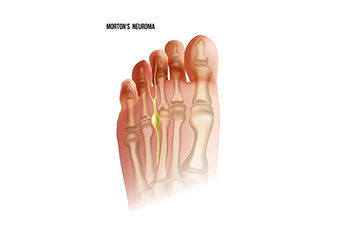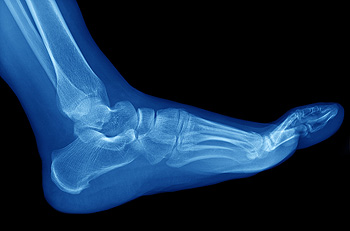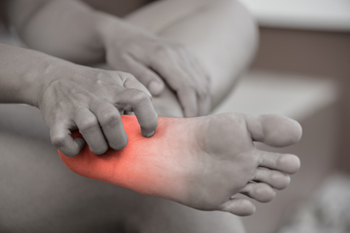
Pickleball, a fast-growing racquet sport, is loved for its accessibility and friendly competition. However, the rapid lateral movements and frequent stops and starts can take a toll on your feet, leading to a variety of injuries. Ankle sprains are perhaps the most common, often resulting from quick direction changes or missteps. Plantar fasciitis, characterized by heel pain, can arise due to the constant motion and stress on the arches. Overuse injuries, such as tendinitis, are also prevalent, typically affecting the Achilles tendon or the tendons in the foot. Wearing improper footwear, especially shoes without adequate arch support or cushioning, can exacerbate these problems. To enjoy pickleball safely, it is vital to prioritize injury prevention, which can range from Investing in quality court shoes and practicing proper warm-ups. If you are interested in pursuing pickleball, prior to playing, it is suggested that you speak with a podiatrist, who can advise you on additional injury prevention strategies.
Ankle and foot injuries are common among athletes and in many sports. They can be caused by several problems and may be potentially serious. If you are feeling pain or think you were injured in a sporting event or when exercising, consult with one of our podiatrists from Carolina Foot & Ankle Specialists. Our doctors will assess your condition and provide you with quality foot and ankle treatment.
Common Injuries
The most common injuries that occur in sporting activities include:
- Achilles Tendonitis
- Achilles Tendon Rupture
- Ankle Sprains
- Broken Foot
- Plantar Fasciitis
- Stress Fractures
- Turf Toe
Symptoms
Symptoms vary depending upon the injury and in some cases, there may be no symptoms at all. However, in most cases, some form of symptom is experienced. Pain, aching, burning, bruising, tenderness, tightness or stiffness, sensation loss, difficulty moving, and swelling are the most common symptoms.
Treatment
Just as symptoms vary depending upon the injury, so do treatment options. A common treatment method is known as the RICE method. This method involves rest, applying ice, compression and elevating the afflicted foot or ankle. If the injury appears to be more serious, surgery might be required, such as arthroscopic or reconstructive surgery. Lastly, rehabilitation or therapy might be needed to gain full functionality in the afflicted area. Any discomfort experienced by an athlete must be evaluated by a licensed, reputable medical professional.
If you have any questions, please feel free to contact our offices located in Mount Pleasant and Charleston, SC . We offer the newest diagnostic and treatment technologies for all your foot care needs.







